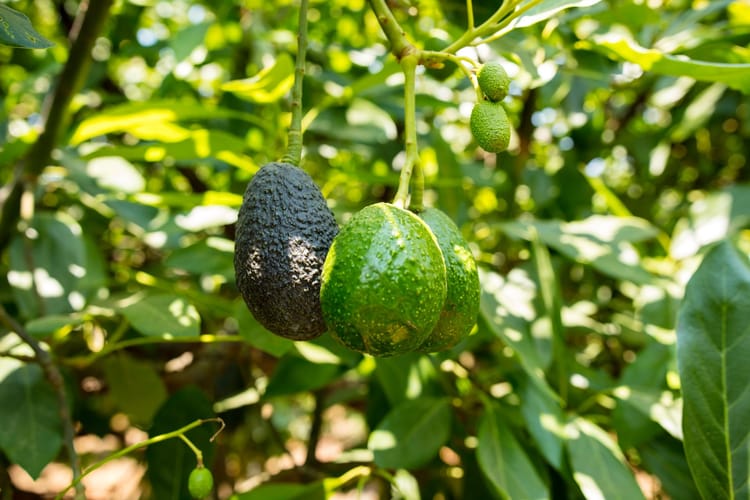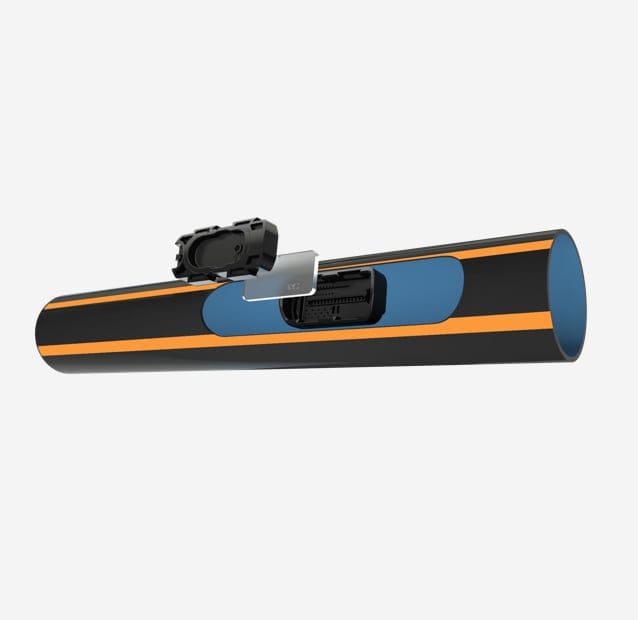Micro-sprinklers can be excellent precision irrigation emitters in avocado plantations as they create a wetted pattern that is well correlated with the avocado's root zone. Some farmers prefer micro-sprinkler systems because not only can they tolerate poor quality water, but the visual inspection of the system is easier and the water jets can be clearly seen. Micro-sprinklers are also a good fit for rocky soils where water distribution may be disrupted by the inconsistent soil texture.
However, micro-sprinklers require 20%-30% more water than drip irrigation, and potential damage, or wear and tear, means higher maintenance costs. Although both methods are recognized, we have seen a global shift towards drip irrigation using two laterals of driplines per line of trees.







